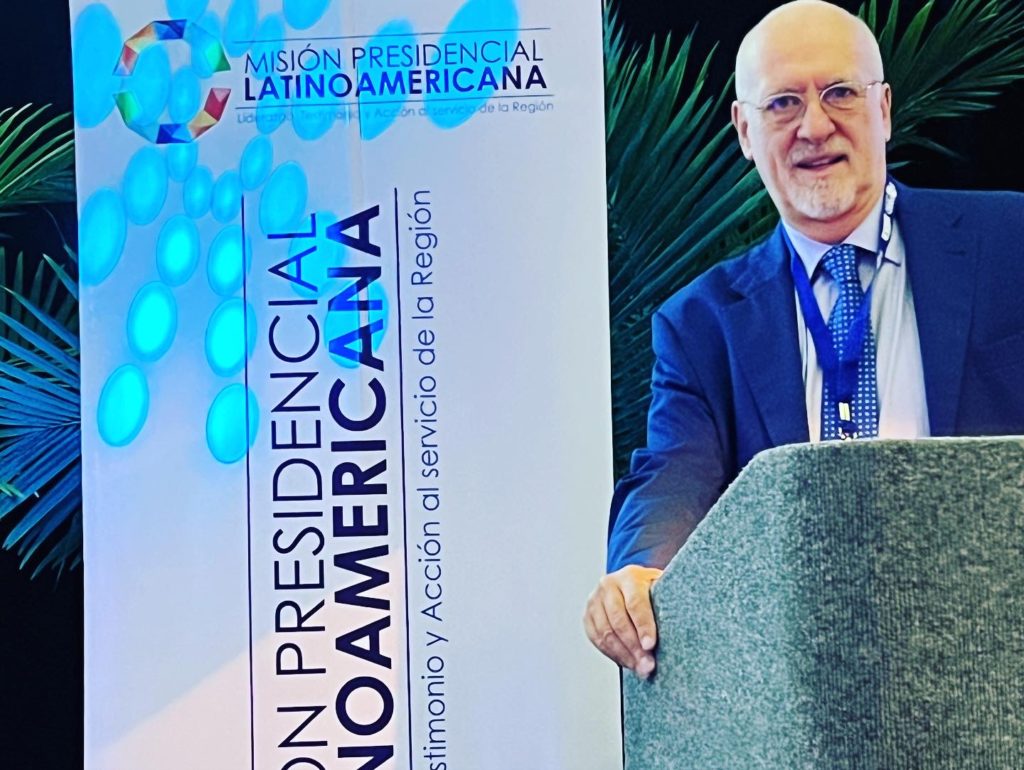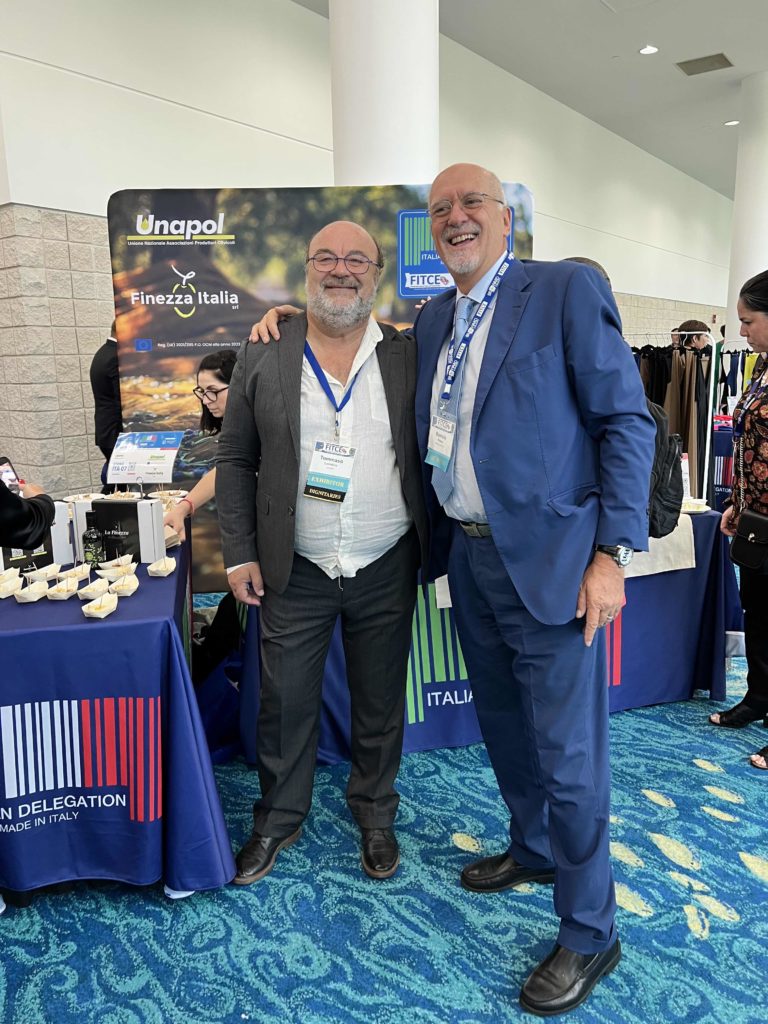Avv. Housni Kotni
Italiano
L’avv. Housni Kotni è nato a Lecce nel 1991 ed è iscritto all’Ordine degli Avvocati di Lecce dal 2020.
Dopo gli studi liceali (Liceo Linguistico “Pietro Siciliani” di Lecce) si è iscritto alla facoltà di Giurisprudenza presso l’Alma Mater Studiorum – Università di Bologna, dove si è laureato nel maggio 2016.
Durante lo svolgimento del periodo di pratica forense ha collaborato con studi legali strutturati, dove ha approfondito le sue conoscenze in diverse aree di specializzazione con ricerche in ambito nazionale e comunitario con pubblicazione dell’articolo: “Scambio di azioni tra società europee: non è indice di frode fiscale” disponibile su Affaritaliani.it.
Ha superato l’esame di avvocato alla prima sessione utile e dal 2023 é iscritto nella lista dei difensori per il patrocinio a spese dello stato, esercita la professione forense sia in ambito civilistico che in ambito penalistico.
Nel periodo di formazione universitaria ha conseguito la certificazione di conoscenza ed utilizzo delle banche dati giuridiche presso il Dipartimento di Scienze Giuridiche “A. Cicu” dell’Università di Bologna.
Housni Kotni parla fluentemente l’inglese e il francese.
English
Housni Kotni, born in Lecce in 1991, has been a member of Lecce Bar Association since 2020.
After high school (Liceo Linguistico “Pietro Siciliani” in Lecce) he enrolled in the Faculty of Law at Alma Mater Studiorum – University of Bologna, where he graduated in May 2016.
During the period of legal practise he collaborated with structured law firms, where he deepened his expertise in different areas of specialization with legal research in national and European Law field with publication of: “Share exchanges between European companies: does not represent fiscal fraud” available on Affaritaliani.it.
He passed the Bar Exam at the first available session; he is also registered in the special Bar Association of Free legal aid since 2023. He practises inthe areas of Civil and Criminal Law.
While attending University he obtained the certificate of knowledge and use of legal databases at the Department of Legal Sciences “A. Cicu” of the University of Bologna.
Housni Kotni is fluent in English and French.































